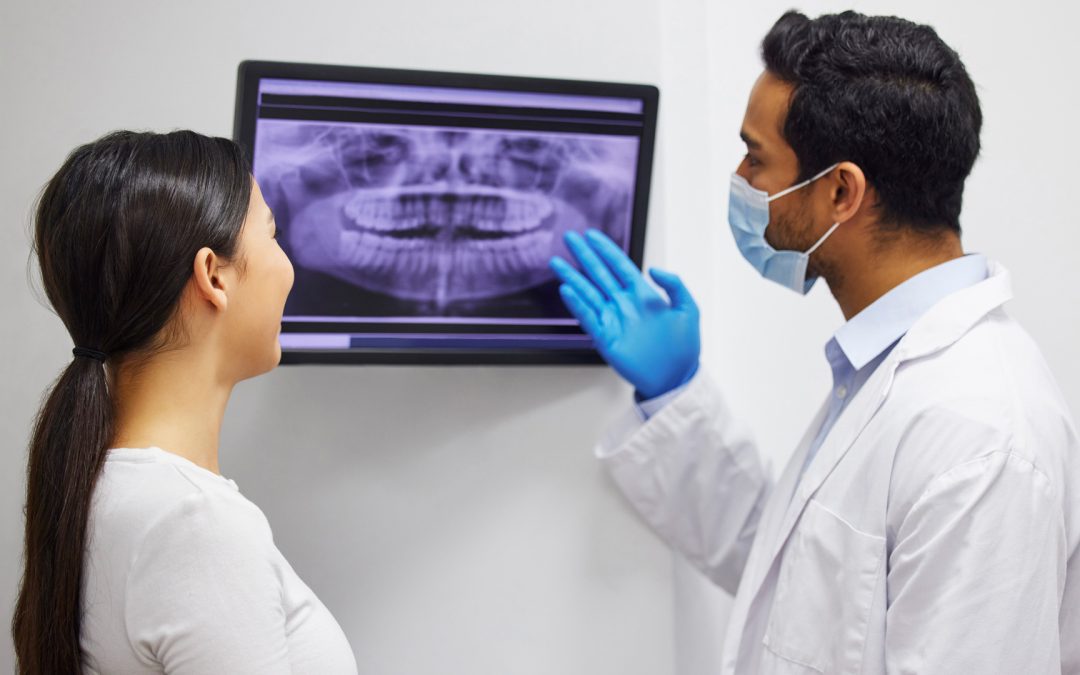What can I do about missing teeth? Here Are Your Options!
Losing a tooth can be quite a distressing experience, whether it’s due to an accident or decay. Not only can it cause a change in eating habits, speech, and overall oral health, but it can also have a negative impact on your self-confidence. It’s therefore important to consider tooth replacement options as soon as possible to avoid further dental complications and for the benefit of your self-esteem too. Fortunately, when it comes to tooth replacement, there are multiple choices available to accommodate both your lifestyle and your budget, and we’re here to help you figure out which solution is right for you!
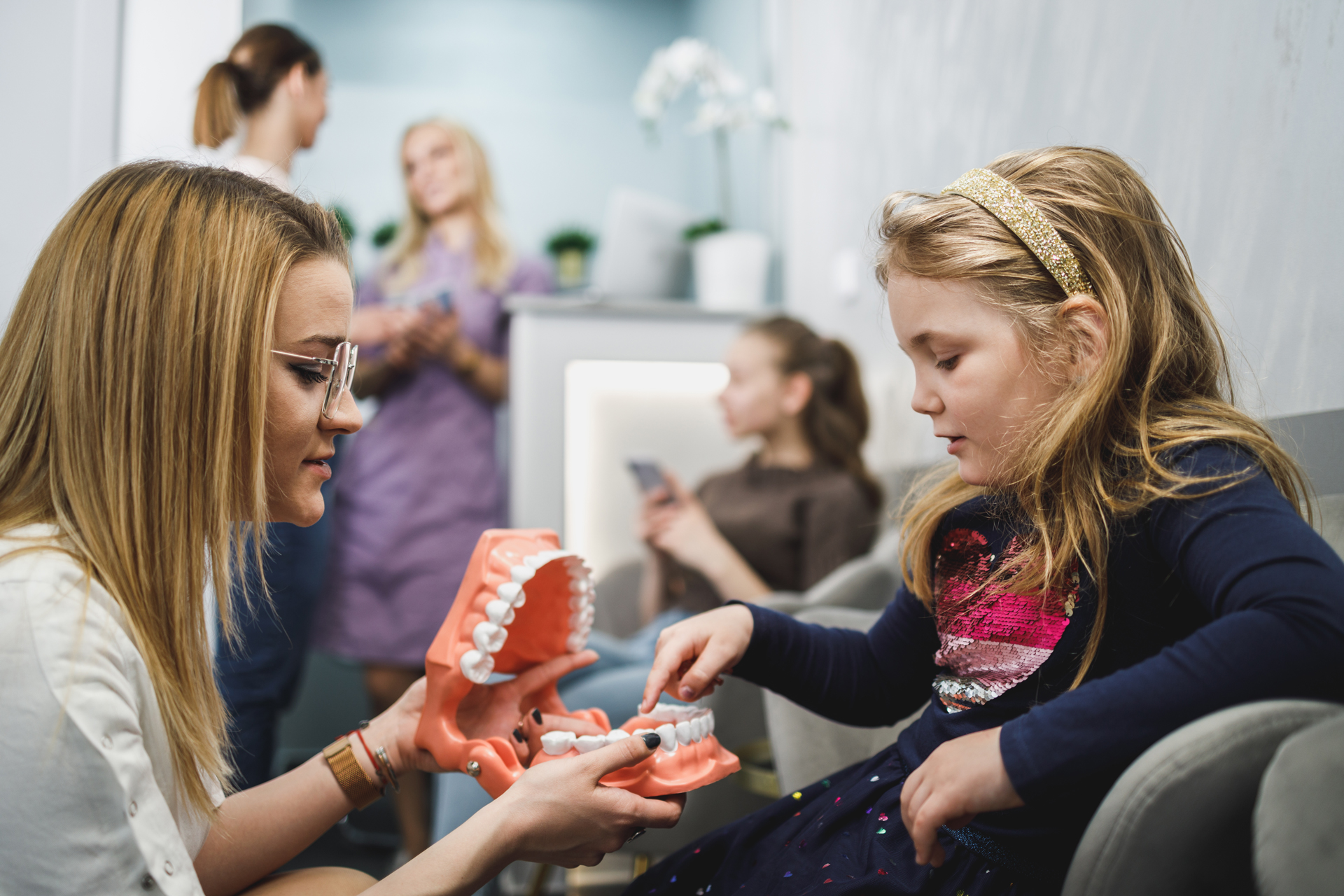
Types of Tooth Replacement Options
There are two main types of tooth replacement options to consider; fixed and removable. A fixed option is attached to existing teeth or implanted into the gum and can only be removed by a dentist or oral surgeon. They remain in place 24/7 and are ideal for people who want a long-term solution.
A removable option, on the other hand, must be taken out nightly to sleep and can be taken out and put back in by the patient as needed. While typically more budget-friendly, they’re not as durable as fixed options but can still be an effective way to replace missing teeth.
There are certainly benefits and drawbacks to each, so it’s important to consult with a professional to determine which will be best for you.

Fixed replacements offer a longer-term solution
If you’re looking for a fixed option, you have two main choices: implants and bridges. Dental implants are the most permanent way to replace missing teeth, as they fuse with your jawbone over time. However, they’re also the most expensive option and require dental surgery which can be quite invasive. Bridges, on the other hand, are less costly and require less surgery, but have an anticipated lifespan of 5 – 15 years and will need to be replaced eventually.
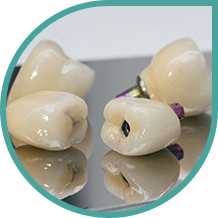
Dental Implants
Dental implants are usually made of titanium and are surgically placed in the jawbone where they fuse with the bone over time. Once the implants are in place, artificial teeth are then attached to them.
Benefits:
- Implants look and feel like natural teeth.
- They’re permanent, so you don’t have to worry about them coming loose or falling out.
- They don’t require any special care; simply brush and floss them as you would your natural teeth.
Drawbacks:
- They’re more expensive than bridges.
- The surgery required to place them can be uncomfortable, and the healing process takes time.
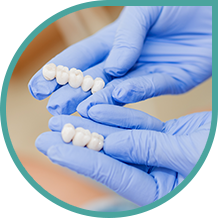
Bridges
Bridges are composed of one or more false teeth (called pontics) that are held in place by dental crowns placed on the teeth next to the gap left by the missing tooth. They can be made from a variety of materials, including porcelain, metal, or a combination of both.
Benefits:
- Bridges are less expensive than implants.
- The procedure to place them is less invasive than implant surgery.
Drawbacks:
- Compared to implants, bridges are more likely to loosen over time and they’ll require replacement or re-fitting at some point.
- They also put additional stress on the abutment teeth, which may eventually lead to decay or gum disease.
- Because bridges rely on existing teeth for support, they may not be an option if those adjacent teeth aren’t strong enough.
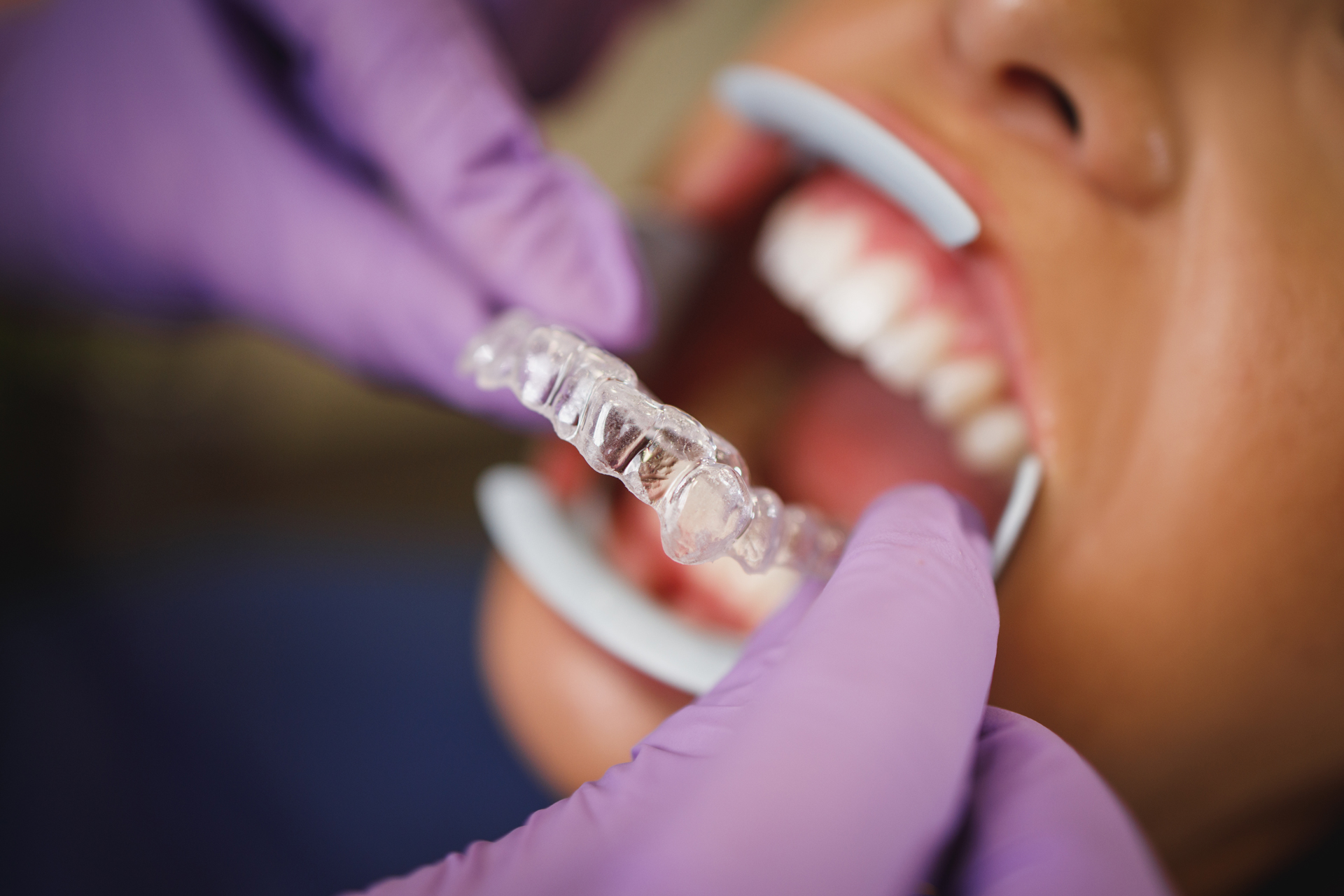
Removable options are affordable and accessible
Removable replacements must be taken out nightly to sleep. The most common type of removable replacement is dentures, which consist of false teeth set into a frame of either acrylic (plastic) or chrome (metal).
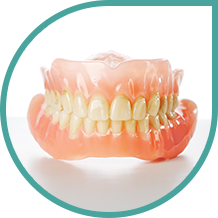
Dentures
Dentures are the most common type of removable tooth replacement. They can be either partial or full and are made to look like natural teeth. Partial dentures are used when some natural teeth remain, while full dentures are used when all teeth are missing.
Benefits:
- Dentures are less expensive than implants or bridges.
- Acrylic framed dentures are lightweight.
- They can be removed and put back in by the patient as needed.
Drawbacks:
- Dentures can eventually slip or move around in the mouth, impacting speaking or eating.
- They’re not as durable as fixed options.
- Special cleaning solutions are recommended when caring for them.
Thanks to modern dental technology, there are multiple options for tooth replacement that can suit your individual needs and also your budget. A consultation with Eagleby Dental’s Dr Louwen Heng should be your first step to determining which solution is going to be best for you. He’ll advise you on all suitable options as well as the time frames and costs associated with each one.
Call 07 3382 7500 today for an appointment to get started on rebuilding your smile.

